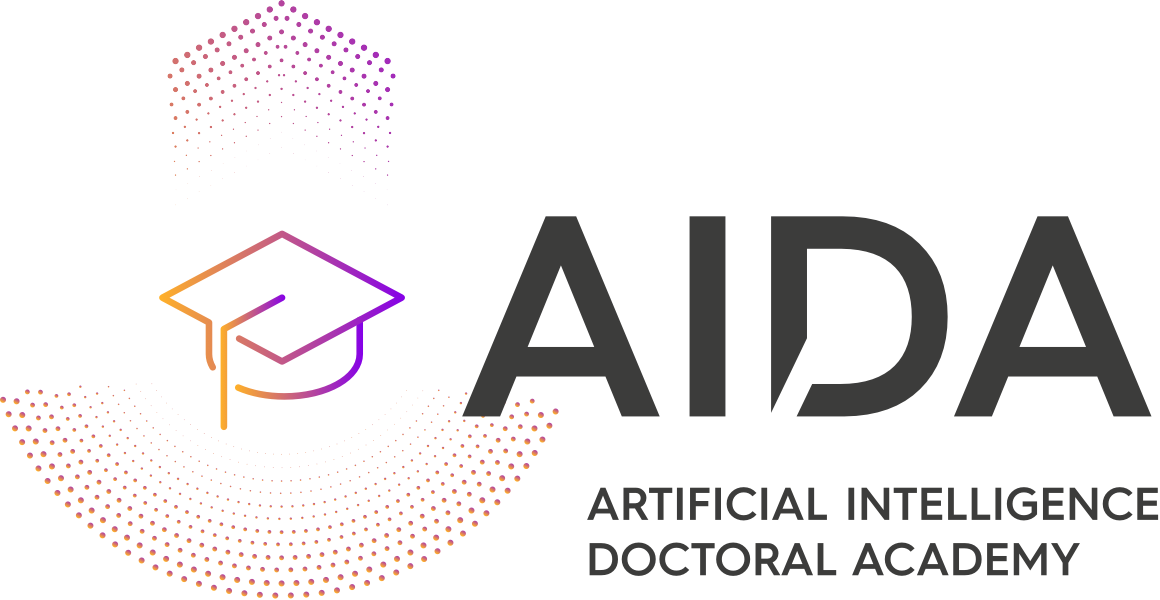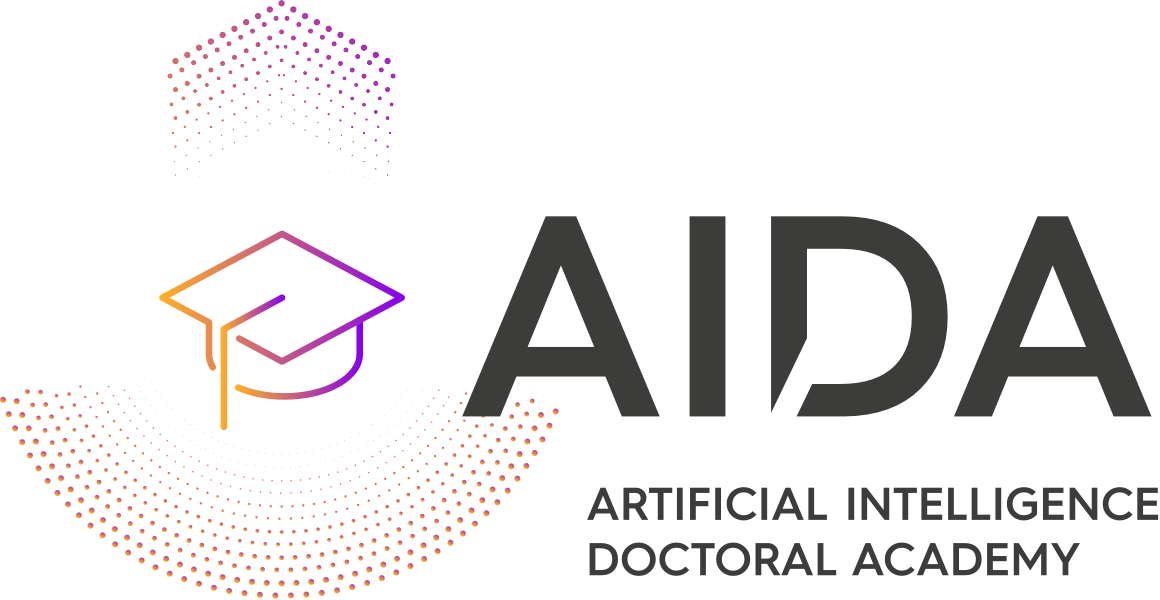Machine Learning
Level
Foundation, Broad, Theory, Algorithmic, Methodological
This topic presents the foundations and basic methodologies of machine learning.

Learning outcomes
Knowledge

Student should be able to understand and describe::
- The concept of learning from data in contrast to rule-based systems.
- The differences between the various machine learning paradigms (supervised learning, unsupervised learning, reinforcement learning, active learning).
- The statistical foundations of machine learning (predictor, loss function, statistical risk, Bayes optimal prediction, Bayes risk, bias-variance decomposition, overfitting and underfitting, consistency, regularization, stability, model validation and model selection).
- The basic linear models for regression and classification (linear regression and linear classification, logistic regression, Support Vector Machines).
- The theory of kernel functions and the implementation of linear models in kernel spaces.
- The notion of nonparametric learning, its connection to consistency, the curse of dimensionality, and the basic nonparametric algorithms (e.g., k-NN, tree predictors, universal kernels).
- Probabilistic models (e.g., Naive Bayes classifiers, graphical models, Gaussian mixture models).
- Ensemble learning methods (bagging, boosting, stacking) and their effect on the bias-variance dilemma.
- Feed-forward neural networks, expressivity versus network size, hardness of training, backpropagation algorithm.
- Basics of online learning and reinforcement learning (e.g., online gradient descent, multi-armed bandits, Markov decision processes with finite and discounted horizon, model-based and model-free RL algorithms).
- Basic clustering algorithms (e.g., k-means and k-means++, DBSCAN, hierarchical clustering, correlation clustering).
- Model validation and selection (e.g., cross-validation, nested cross-validation).
- Basic techniques for dimensionality reduction (e.g., LDA, PCS, ISOMAP, LLE).
skills




Students should be able to:
- Understand the correct methodological approach for implementing learning algorithms and running experiments, including model validation and selection, and reproducibility.
- Understand the basic techniques for hyperparameter tuning and their correct implementation.
- Know the basic evaluation metrics and the basic techniques for pre-processing the datasets, including feature selection, normalization, and transformation (e.g., for handling categorical features).
Application




Students should be able to:
- Work effectively with others in an interdisciplinary and/or international team.
- Design and manage individual projects.
- Clearly and succinctly communicate their ideas to technical audiences.



 Back to List
Back to List



